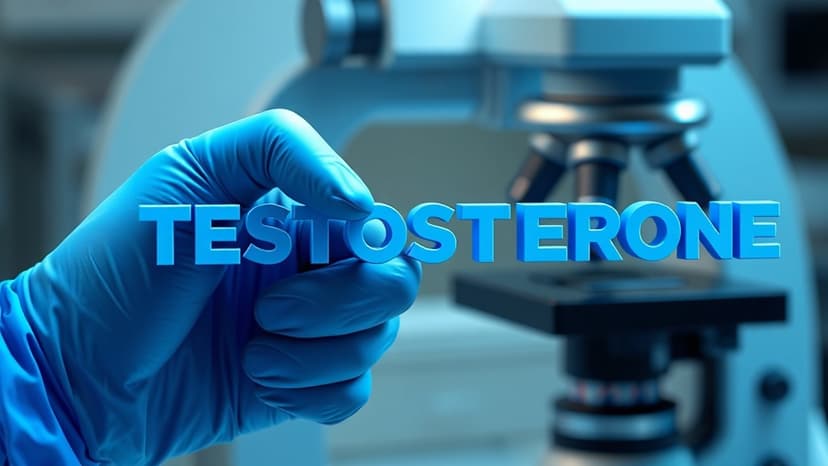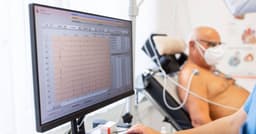Home / Health / Testosterone Therapy Boosts Women's Libido and Cognitive Function
Testosterone Therapy Boosts Women's Libido and Cognitive Function
15 Nov, 2025
Summary
- Testosterone prescriptions for women increased by 50% in the US from 2013 to 2023
- Testosterone can help alleviate "brain fog" and improve mood in menopausal women
- Doctors warn against using high doses of testosterone for non-medical purposes

In the past few years, women have been increasingly turning to testosterone therapy to address a range of issues, from low libido to cognitive decline. According to the article, prescriptions for testosterone in the US have increased by almost 50% between 2013 and 2023, while in Britain, they rose tenfold between 2015 and 2022.
Doctors explain that testosterone, often thought of as a "male" hormone, is essential for women as well. It contributes to libido, sexual arousal, and orgasm by increasing dopamine levels in the central nervous system. Testosterone levels naturally peak in a woman's 20s and then decline, reaching about a quarter of the peak by menopause.
The article also highlights the potential benefits of testosterone therapy for menopausal women. Many women in menopause complain of "brain fog," experiencing symptoms like fatigue, difficulty concentrating, poor memory, and reduced ability to multitask. Doctors report that women prescribed testosterone for low libido often see improvements in their mood and cognitive function.
However, the use of testosterone for these purposes is still considered a "medical grey area," as more long-term research is needed to establish its efficacy and safety. Doctors warn against the use of high doses of testosterone for muscle-building or performance enhancement, as it can lead to side effects like acne, excess body hair, mood swings, and a permanent deepening of the voice.
For women with genuine medical needs, such as low libido or cognitive issues related to menopause, testosterone supplements at sensible doses can be invaluable. But the article cautions that for everyone else, this may be another "hormone du jour" being promoted on social media without sufficient evidence-based support.




